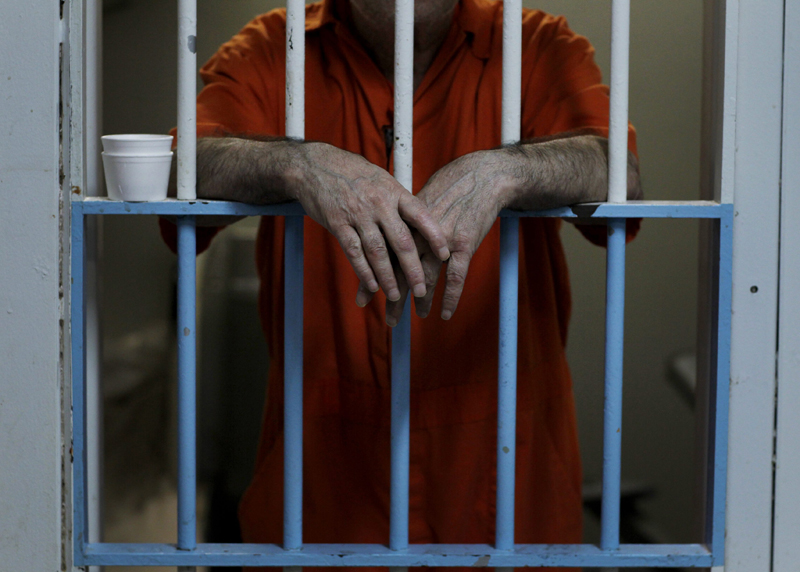Fewer and fewer Canadians are being locked up, data released by Statistics Canada shows.

Fewer people are being sentenced to terms in provincial jails or federal penitentiaries, or being sent to jail on remand.
The incarceration data shows no effect from two key tough-on-crime measures passed by Stephen Harper’s Conservative government, though falling crime rates may also play a role.
In 2012, the previous government passed a series of new mandatory minimum sentences in addition to those that had already been in the Criminal Code, covering a range of offences from handgun possession to growing marijuana. Earlier, in 2009, the Conservatives passed a law restricting pre-sentence credit for time already served in jail.
Both laws were later constrained, or struck down, by the Supreme Court.
“The changes in sentencing law were symbolic, not real,” Anthony Doob, a University of Toronto criminologist, argued.
“When we went through all the sentencing bills, we were only able to locate a handful that might have had a relatively large impact on a large number of people.”
Nationally, the incarceration rate for provincial jails didn’t seem to be affected at all by the sentencing changes. It stayed steady at almost exactly 90 per 100,000 from 2007 through 2013, unaltered before the Conservative bill restricting pre-sentence credit was passed, after it was passed, and after its eventual reversal by the Supreme Court.
READ MORE: Top court softens Tories’ tough-on-crime agenda
The justice system compensates for sentences that seem potentially unfair, Doob says:
“Sentencing is so imprecise in reality. No two judges are going to give the same sentence. If I’m sentencing somebody, and I would have given him a year, and I give him 10 months, who is going to notice? That kind of compensatory thing, I’m sure was happening all the time.”

Get daily National news
Prosecutors often prefer to agree on a guilty plea than to go to trial; mandatory sentences give them less room to negotiate. Some choose a less serious charge instead.
“When you severely restrict the range of discretion that a judge has for sentencing, there can be a reluctance either to charge at that end in the first place or to convict on that particular charge,” Frank Cormier, a criminologist at the University of Manitoba, said.
“It is more of an all-or-nothing situation.”
Manitoba jails the most residents per capita and British Columbia the fewest, the data shows. Manitoba (and to a lesser extent Saskatchewan) have seen sharply rising incarceration rates, bucking the national trend.
Manitoba’s incarceration rate has almost doubled since 2005.
“Part of the reason is our very large First Nations population in Manitoba and Saskatchewan,” Cormier said.
“In our jail and penitentiary populations, First Nations people are highly over-represented, for all kinds of reasons.”
In both provinces, aboriginal inmates are a majority of people entering provincial jails: 72 per cent in Manitoba and 75 per cent in Saskatchewan.
“A greater proportion of the accused going in to the system are aboriginal people,” Cormier said. “Crime rates do tend to be higher among the aboriginal population, for various historic reasons. When aboriginal people go to court, conviction rates tend to be higher, and sentences tend to be longer. We see fewer community sentences.”
Some of the drop in incarceration rates is due to falling crime rates driven by demographics, Cormier said.
“Criminal behaviour is concentrated around the 15-25-year age range. As we have fewer and fewer young people in the population, we shouldn’t be surprised that crime rates will drop. Related to that, we’ll see incarceration rates drop as well.”
READ MORE: Canada sees decline in all crimes but sexual assault rates







Comments